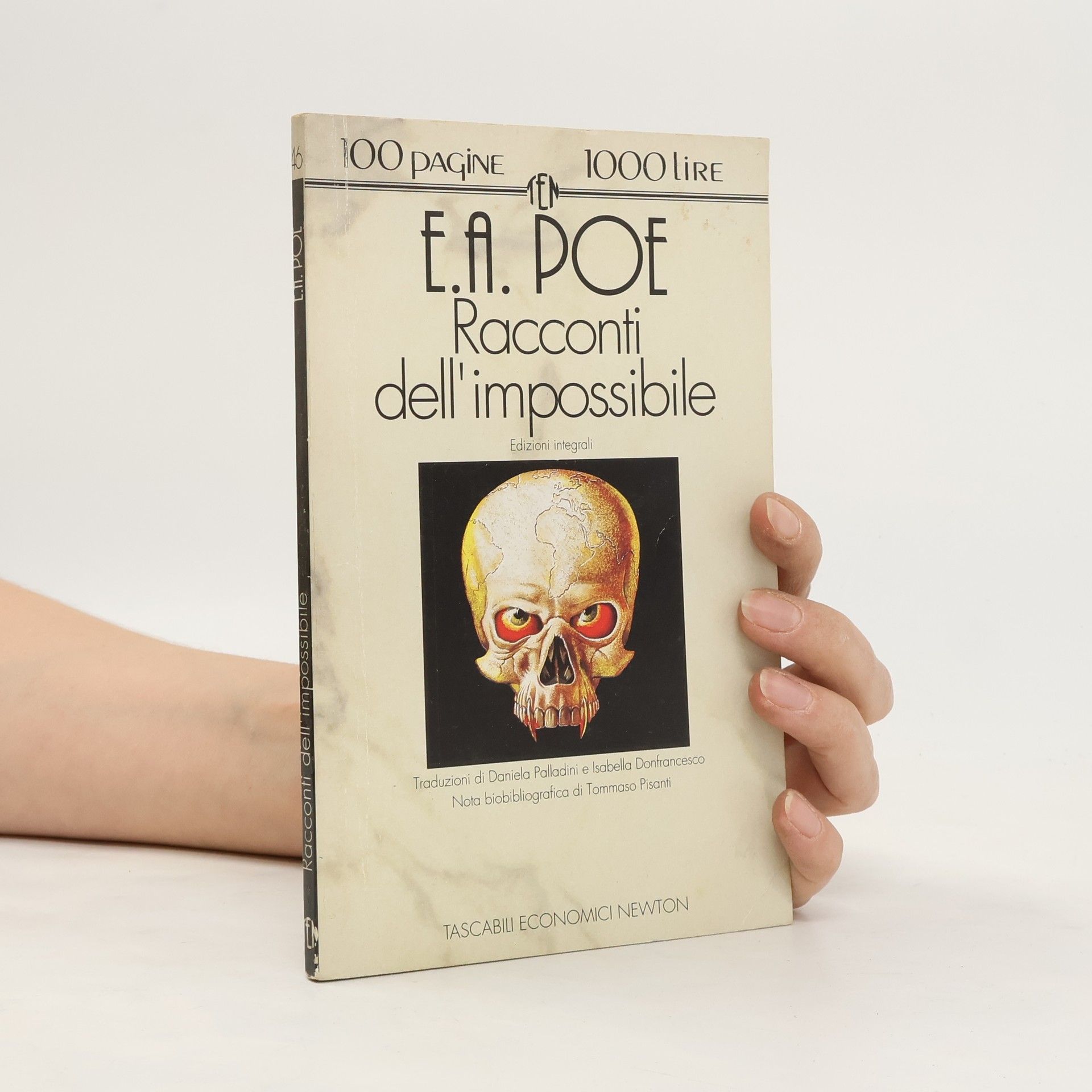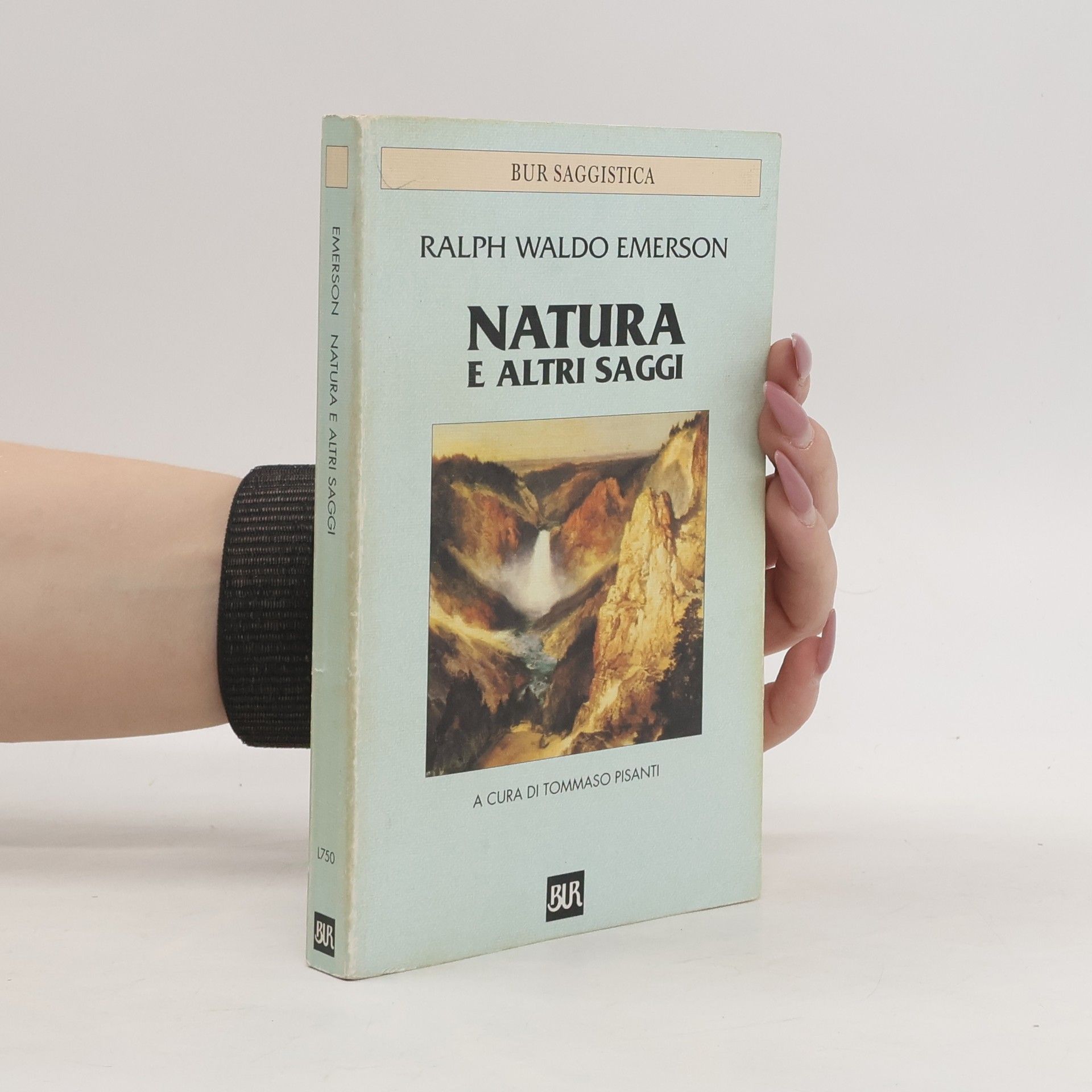This new edition is based on the quarto, the version closest to the original manuscript. The introduction illminates the plays' origins and practicalities of composition, its reception and influence. Detailed notes pay especial attention to language and staging, and the volume includes King Lear's first derivative, a contemporary ballad, and guides to appreciation of the play and its multiple offshoots.
Tommaso Pisanti Livres
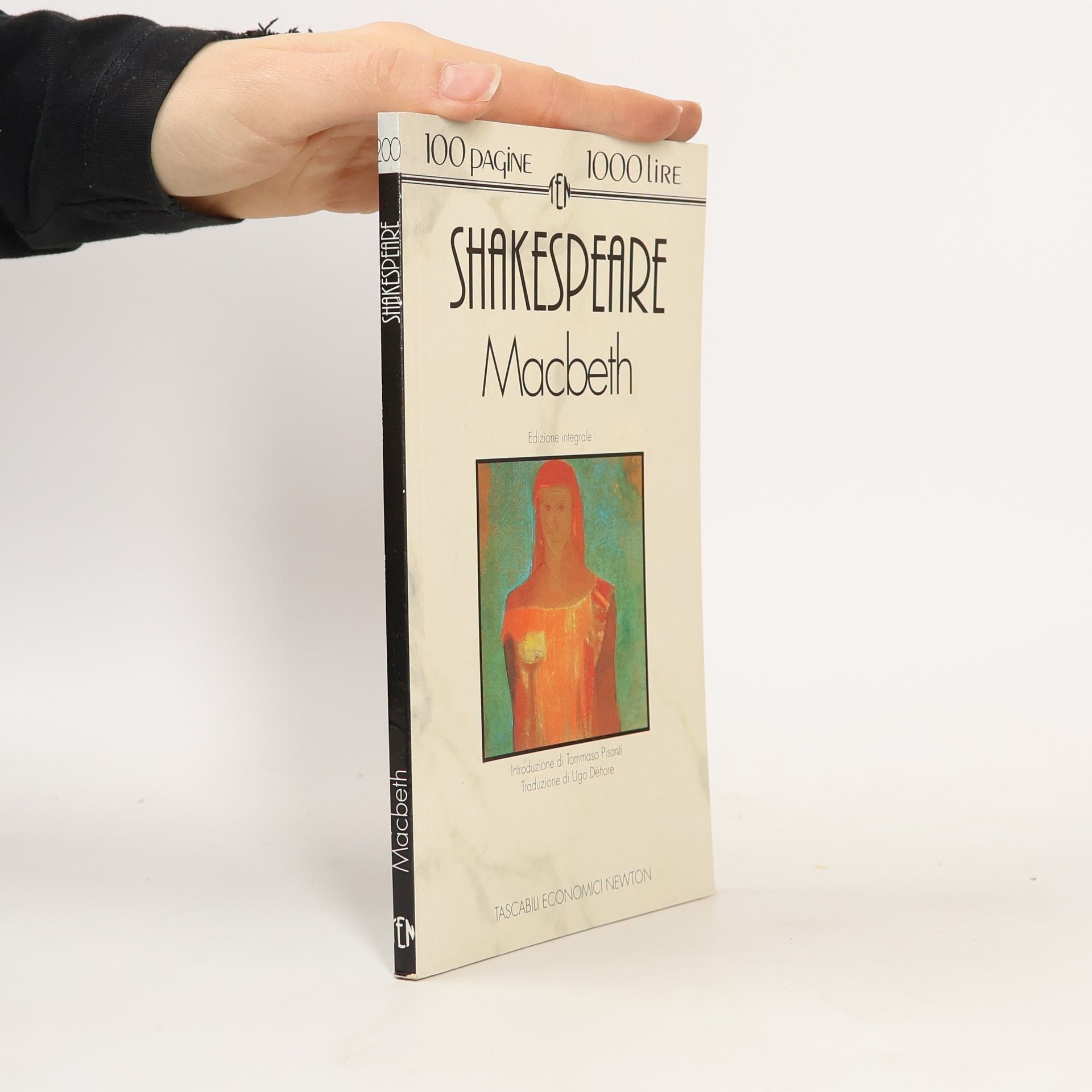
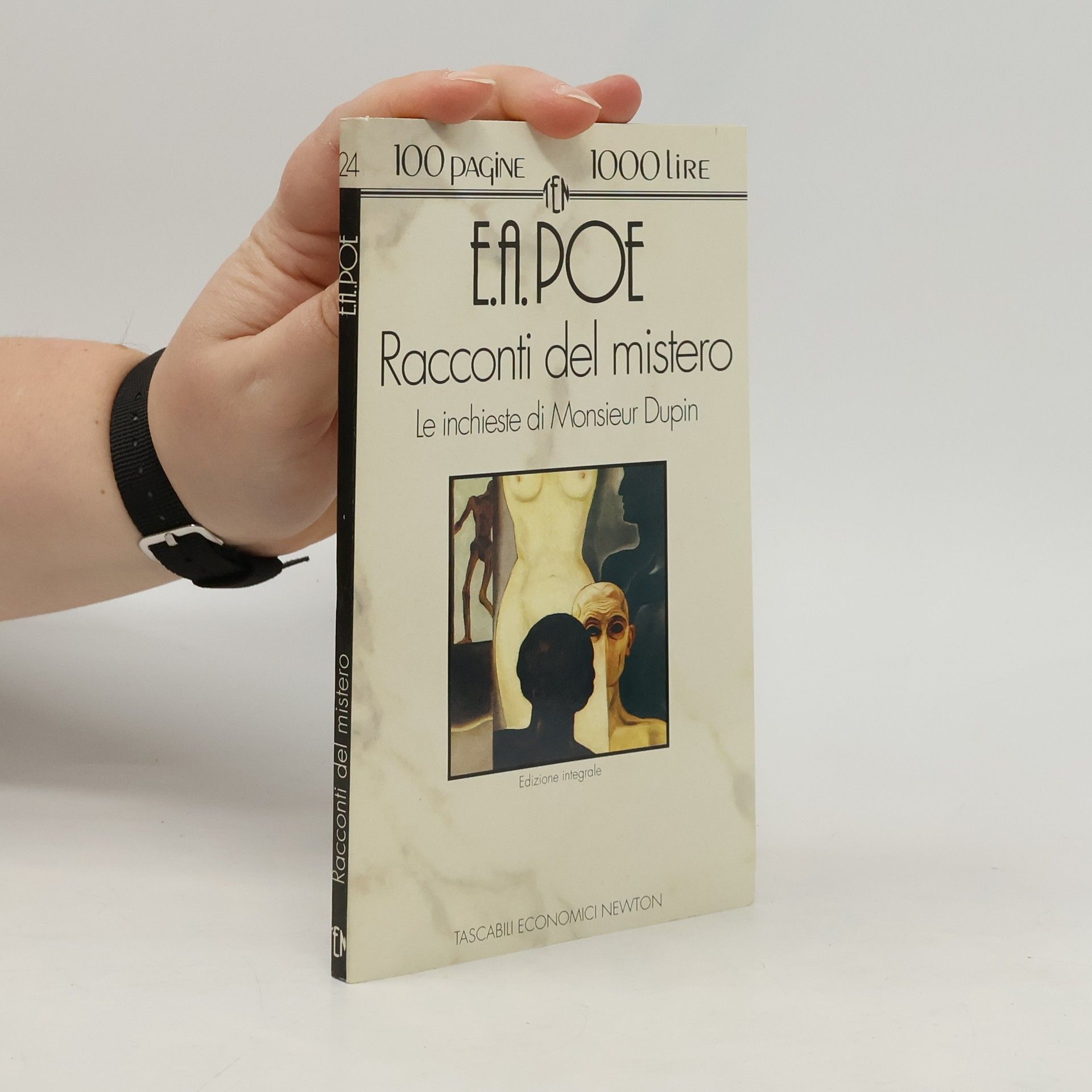
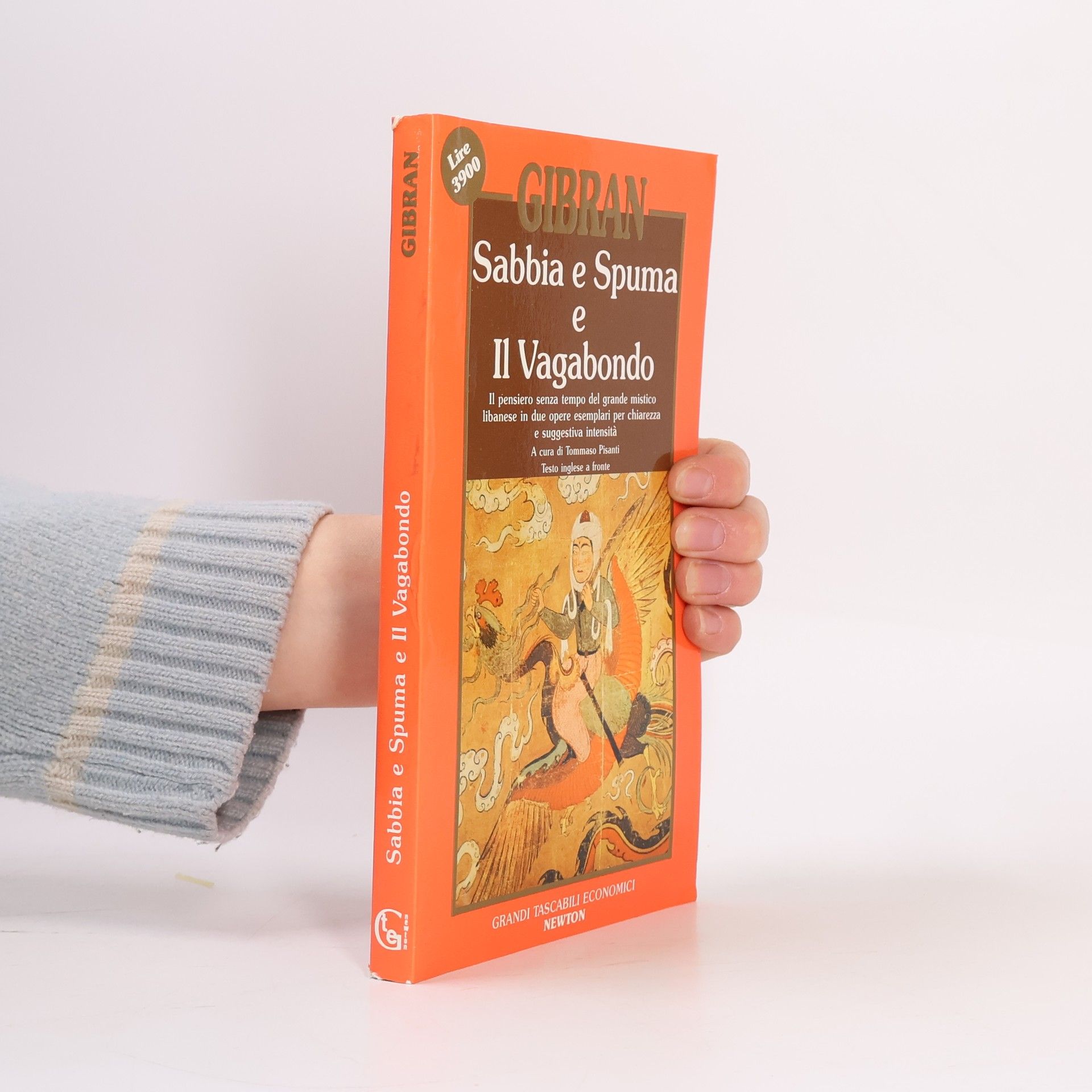
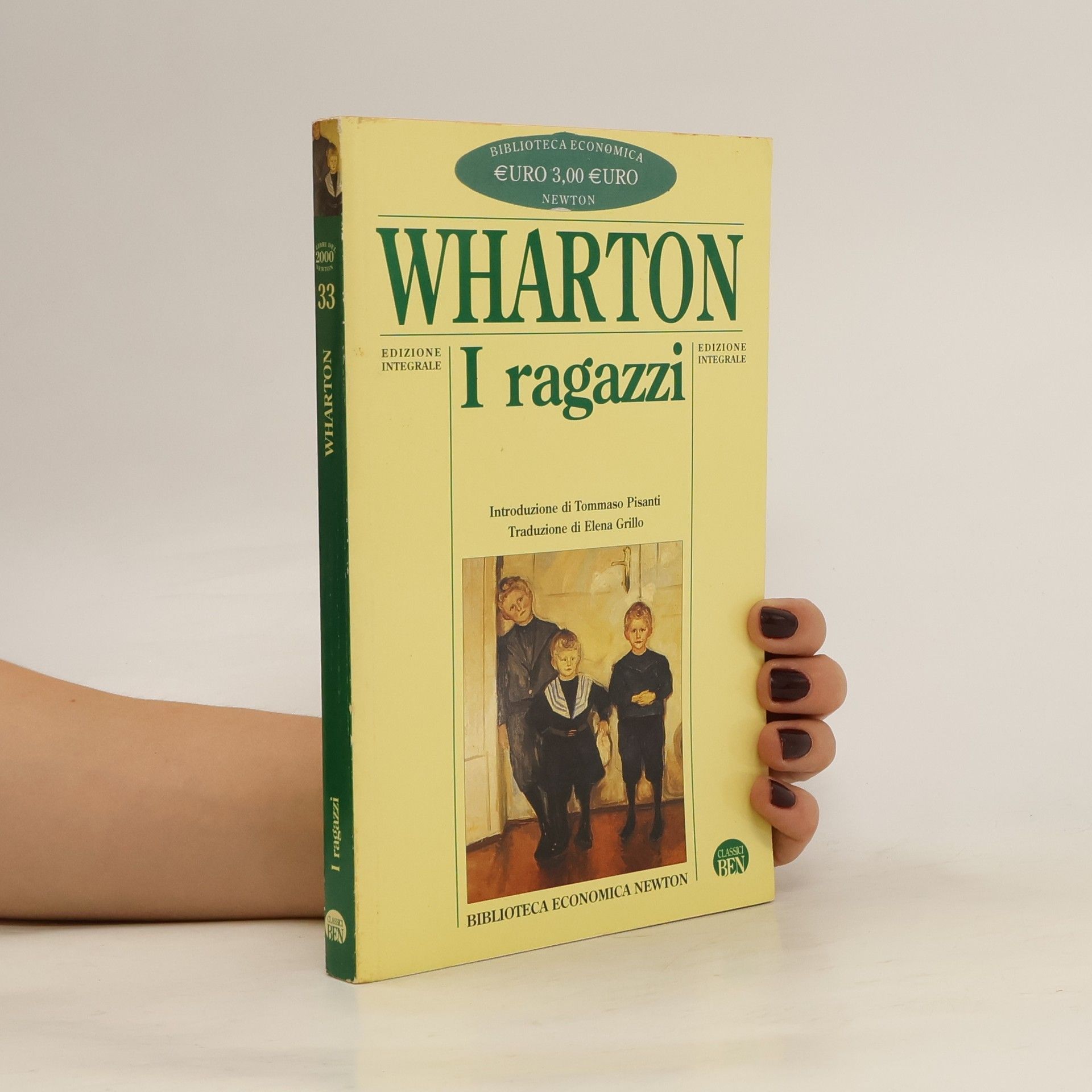


Yvette is an innocent rector's daughter. When she meets a handsome gipsy she feels him watching her, acutely aware of her virginity. Half drawn to him and half afraid, it is only when her life is endangered that she finally feels true love. United by the theme of love, the writings in the Great Loves series span over two thousand years and vastly different worlds. Readers will be introduced to love's endlessly fascinating possibilities and extremities: romantic love, platonic love, erotic love, gay love, virginal love, adulterous love, parental love, filial love, nostalgic love, unrequited love, illicit love, not to mention lost love, twisted and obsessional love . . . .
A bestseller when it was first published, The Children is a comic, bittersweet novel about the misadventures of a bachelor and a band of precocious children. The seven Wheater children, stepbrothers and stepsisters grown weary of being shuttled from parent to parent are eager for their parents' latest reconciliation to last. A chance meeting between the children and the solitary 46-year old Martin Boyne leads to a series of unforgettable encounters.
Sabbia e Spuma e Il Vagabondo
- 178pages
- 7 heures de lecture
Sabbia e Spuma raccoglie aforismi, massime, meditazioni sul difficile tentativo dell'autore di fondere Oriente ed Occidente. Il Vagabondo è una storia acuta ed incisiva, ricca di metafore.
Contiene, in trad. italiana di Daniela Palladini: The murders in the Rue Morgue, The mystery of Marie Rogêt, The purloined letter.
Macbeth - Edizione integrale
- 100pages
- 4 heures de lecture
Massime spirituali
- 94pages
- 4 heures de lecture
Massime spirituali è un'opera piuttosto singolare, che a una prima ampia raccolta di aforismi, tipica espressione del pensiero denso e immediato di Gibran, fa seguire alcuni brevi scritti di argomento filosofico, etico e politico, che conferiscono maggiore respiro alle riflessioni dell'autore sulla vita, la morte, la religione. Particolare importanza riveste l'ultima prosa raccolta in questo volume, Il tuo pensiero e il mio, che contiene in nuce tutta la straordinaria visione umana, religiosa e sociale di Gibran. L'unitarietà e la coerenza dell'intero testo vanno rintracciate nel proposito ideale dell'autore di creare un ponte spirituale tra la cultura occidentale e il mondo islamico, superando e risolvendo in un'unica dimensione sovraculturale tutte le differenze concettuali, ideologiche e storiche: è qui la chiave di lettura di tutta la scrittura di Gibran.
Natura e altri saggi
- 256pages
- 9 heures de lecture
Natura, storia, fiducia in se stessi, amore, cerchi, il poeta, esperienza, doni, politica.

